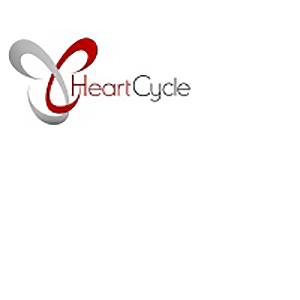The socio-economic impact assessment based on a multi-centre clinical trial showed that patient’s can be treated more effectively as well as more efficiently with HeartCycle, are third generation telehealth system. The impact analysis could show that a HeartCycle telehealth service can be successfully implemented in a variety of healthcare system and using different service models. Reimbursement systems are not such a big barrier as often stated. All healthcare systems have enough flexibility to implement telehealth. The clinical effects are sufficient to outweigh the additional efforts.
To prove that the project analysed data from the clinical trials in Badalona Hospital, Barcelona, Spain, Heidelberg University Hosptial, Germany and Castle Hill Hospital, Hull, UK and made 7 projections for different scenarios.
The projection for 115 000 heart failure patients all over Germany for example shows that HeartCycle – when fully deployed – would save 87 million Euro in annual hospital costs and another 20 million in costs for avoided encounters at outpatient specialists. It would avoid 38 065 admissions.
After 66 months, HeartCycle has been officially finalized on the 31st of August 2013. HeartCycle was a 22 Mio EUR project led by Philips [http://www.research.philips.com/technologies/heartcycle/index.html]and was partly funded by the European Commission’s DG Connect within the Framework Programme 7 [http://cordis.europa.eu/projects/rcn/85463_en.html] .
More information can be found under http://www.heartcycle.eu/
Return rates of socio-economic projections in HeartCycle
